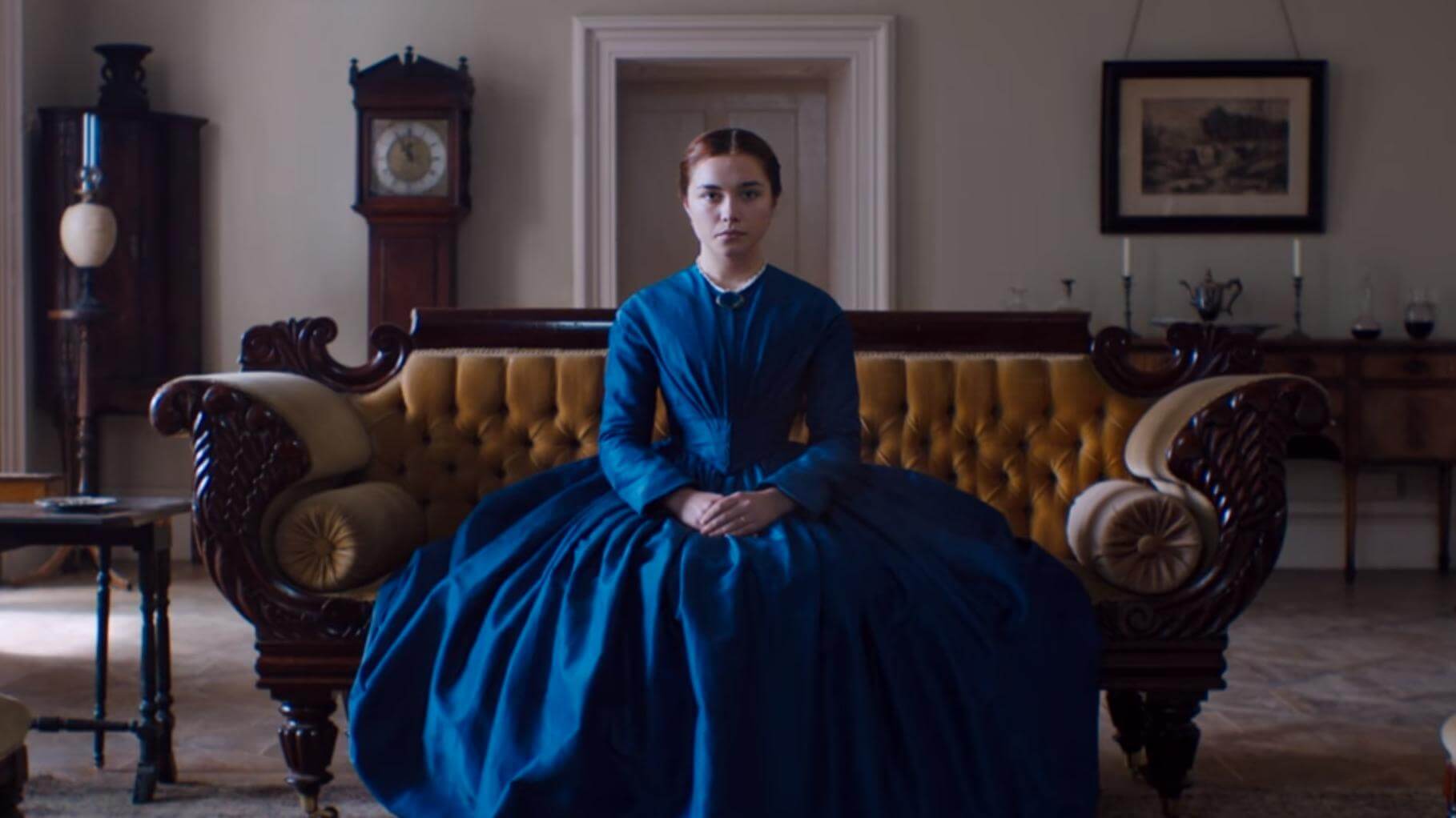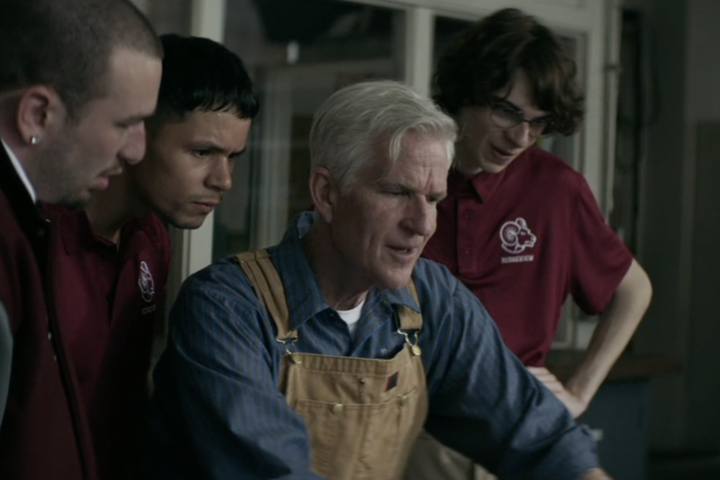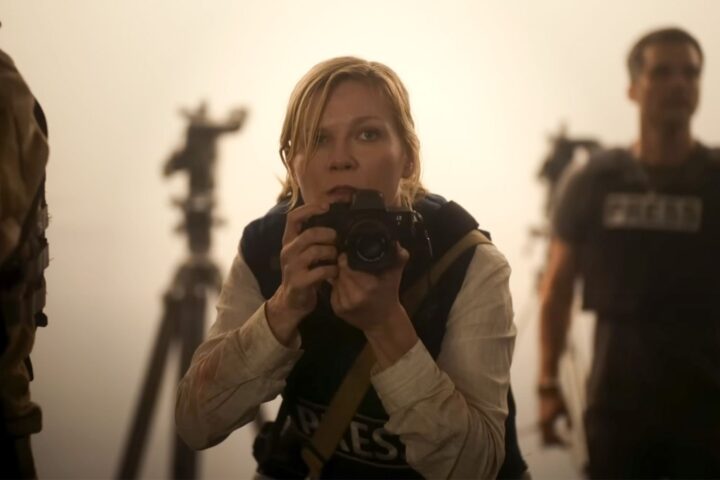It isn’t Shakespeare, but rather a wicked subversion of Jane Austen on order in the terrific new Lady Macbeth, a tightly coiled portrait of a desperate Victorian housewife who goes to, well, drastic measures for liberation. The picture has the tasteful elegance of any number of drawing room period dramas, but “sense” and “sensibility” are the furthest things from its mind.
Newcomer Florence Pugh, nineteen when the picture was shot and who can only be described as electrifying, is Katherine, purchased by a cruel British industrialist to marry his even crueler son and fulfill her duties to bear a child circa pastoral northern England circa 1865.
Immediately subjugated and humiliated, Katherine forced to sit, corseted, all day waiting for her husband’s return. When he does, it’s worse—as she’s instructed to stand naked, facing the wall while he masturbates, impotent and likely as miserable in the marriage. While she is looked after by servant Anna (Naomi Ackie), their relationship is nil given Anna’s near reticence and near terror in any interactions.
Things change when the husband, Alexander (Paul Hilton) and father, Boris (Christopher Fairbank) both leave the country estate to do business in opposite towns. This dovetails with the arrival of a handsome new worker, Sebastian (Cosmo Jarvis), and when bored Katherine takes a gander at what’s going on with the servants, she discovers Anna embroiled in a vicious game, stripped, tied and suspended to the sound of catcalls.
It doesn’t take long for Katherine to drop her imperious “lady of the house” demeanor and begin pursuing Sebastian, and naturally the pair strikes up a passionate affair. This will not end well. Anyone who has seen Body Heat, The Postman Always Rings Twice or even this picture’s trailer knows what is about to come. But what happens after that, and then some, is what make Lady Macbeth such a shocker.
Spoilers aside, Lady Macbeth is diabolically fascinating as we see its “heroine” scheme her way to self-satisfaction, leaving a string of casualties in her wake. Just when it seems in reach, the arrival of a young boy, Teddy (Anton Palmer), fathered out of wedlock by her husband, complicates the lovers’ freedom.
How this dilemma is resolved is chilling, to say the least, and proof positive that we, the audience, have perhaps been as duped by Katherine as those unfortunate enough to enter her orbit, which itself is courting the abyss. Self-actualization? Sociopathy? We are never quite sure until we are.
Pugh is smashing in the role, standing up to three domineering men—husband, father-in-law and even the local priest—and comes into full power during a scene I’ve not witnessed in a film before, involving a character hiding in a closet.
With a screenplay by Alice Birch and based on the Nikolai Leskov novel Lady Macbeth of the Mtsensk District, director William Oldroyd stays very close to his leading lady, who keeps her character’s cards close. What initially plays like a stately feminist parable becomes something much darker.
Is Katherine a worthy of empathy or scorn? Is she a victim or a villain? Pugh’s genius may be found in the answer—all of the above.
3 1/2 stars.



